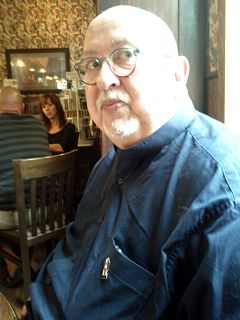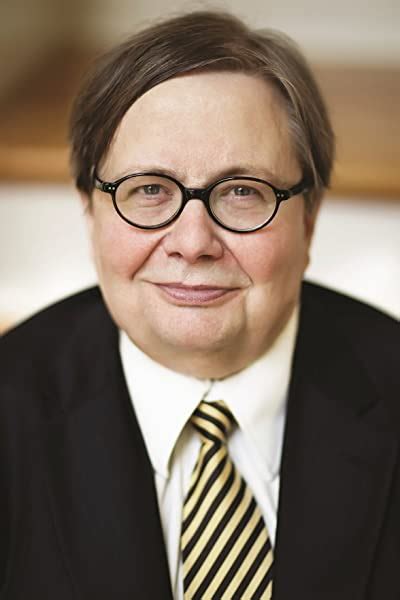A Quote by Isaac Asimov
Many adults, whether consciously or unconsciously, find it beneath their adult dignity to do anything as childish as read a book, think a thought, or get an idea. Adults are rarely embarrased at having forgotten what little algebra or geography they once learned
Related Quotes
Children make better readers than adults. They read as carefully as I write; adults read as a means of getting off to sleep. I get letters saying 'I have read your book seventeen times.' If you're an adult novelist and you get that letter, you should be afraid. You're being stalked. Kids always read them seventeen times!
Many teachers think of children as immature adults. It might lead to better and more 'respectful' teaching, if we thought of adults as atrophied children. Many 'well-adjusted' adults are bitter, uncreative, frightened, unimaginative, and rather hostile people. Instead of assuming they were born that way, or that that's what being an adult entails, we might consider them as people damaged by their education and upbringing.
It's easier to be a grownup than to be a kid. When you're a kid, you lie constantly and people are always calling you on it. And when you're a grownup, you lie constantly and people rarely do. Children are constantly being caught. Adults rarely so. Being an adult, you also get a free pass, which means you have to actively be a good person because nobody's around to tell you to do that. Even evil kids will be good when adults are watching. But once you're an adult, no one is. As a grownup, you've got an agency over your own life, which hopefully you use for the greater good and not evil.
Many adult bullies hide behind the idea that bullying happens only among children. They conceive of themselves as adults who know better and are offering their hard-earned wisdom to others. The Internet makes that sort of certainty easier to attain: looking at their screens, adult bullies rarely see the impact of their words and actions.
The StarTalks - while kids can watch them, they're actually targeted at adults. Because adults outnumber kids five to one, and adults vote, and adults wield resources, and adults are heads of agencies. So if we're going to affect policy, or affect attitudes, for me, the adults have always been the target population.
The new concept of the child as equal and the new integration of children into adult life has helped bring about a gradual but certain erosion of these boundaries that once separated the world of children from the word of adults, boundaries that allowed adults to treat children differently than they treated other adults because they understood that children are different.



































